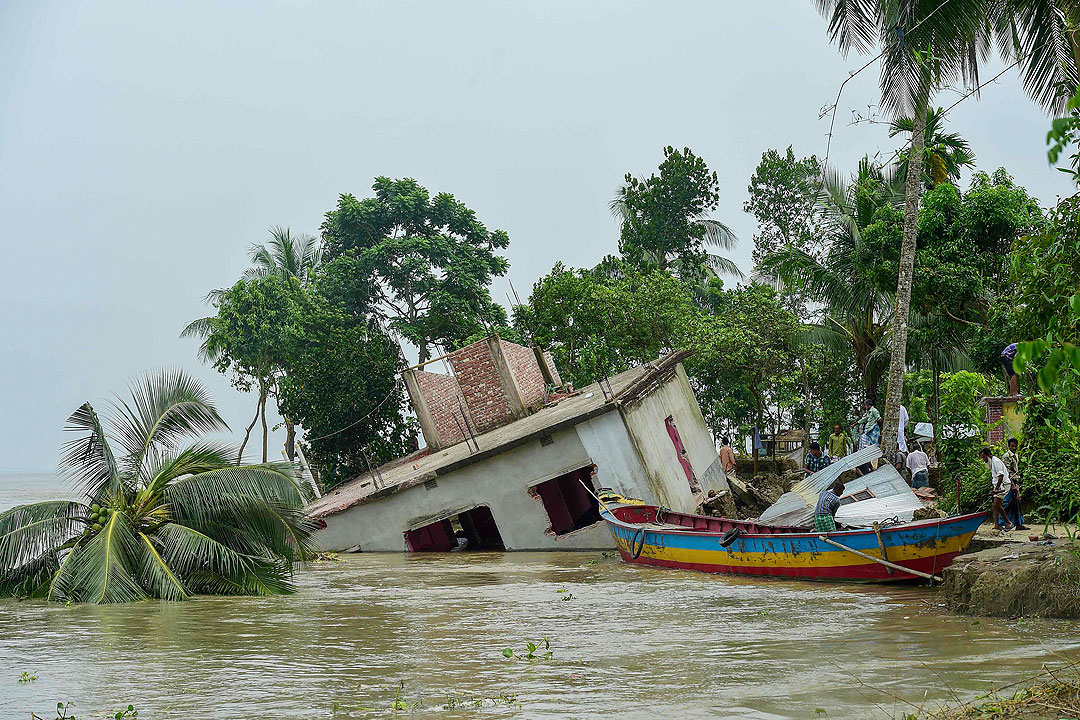THE FINANCE department is asking multilateral banks to come up with guidelines for vetting climate adaptation projects in developing countries, in order to firm up the projects’ attractiveness to private investors.
Finance Secretary Carlos G. Dominguez III in a letter to the presidents of the World Bank Group (WBG), Asian Development Bank (ADB), and Asian Infrastructure Investment Bank (AIIB) proposed what he called a “seal of good housekeeping” to attract private-sector financing to climate adaptation and mitigation projects.
Multilateral banks could set transparency and monitoring standards to assure investors that their funds will be used well, Mr. Dominguez said in a statement released by the Finance department Saturday.
“With the public and private sectors resting their trust and confidence in (multilateral development banks), I propose that the WBG, ADB and AIIB collaborate in setting up a harmonized set of guidelines to determine the viability and sustainability of climate projects,” he said.
He made the proposal after noting that discussions at the 26th United Nations Climate Change Conference in Glasgow were largely focused “on consensus regarding certain principles and parameters on climate change without a clear understanding of how global finance can play a significant part in moving the climate agenda along.”
Mr. Dominguez also said the three banks should collaborate with other development banks to adopt such guidelines.
The Finance Secretary has been pushing for more climate financing from wealthy economies that he contends have not offered enough to help developing nations reduce their carbon footprints.
Such countries bear the most responsibility for their historic emissions, he said in the lead-up to the conference.
The Philippines has committed to reduce greenhouse gas emissions by 75% from 2020 to 2030. Of the 75% target, just 2.71% can be achieved with internal resources, while the remaining 72.29% rests on international assistance. — Jenina P. Ibañez
